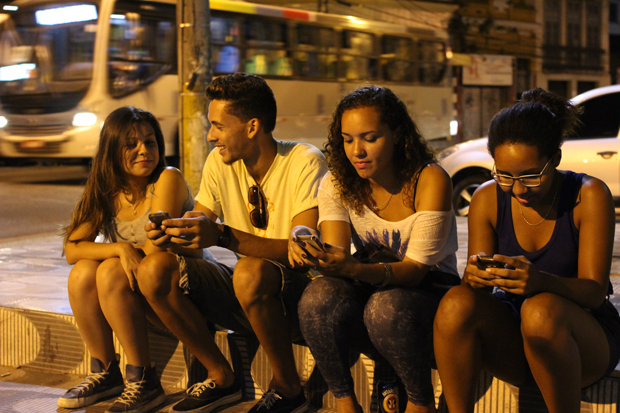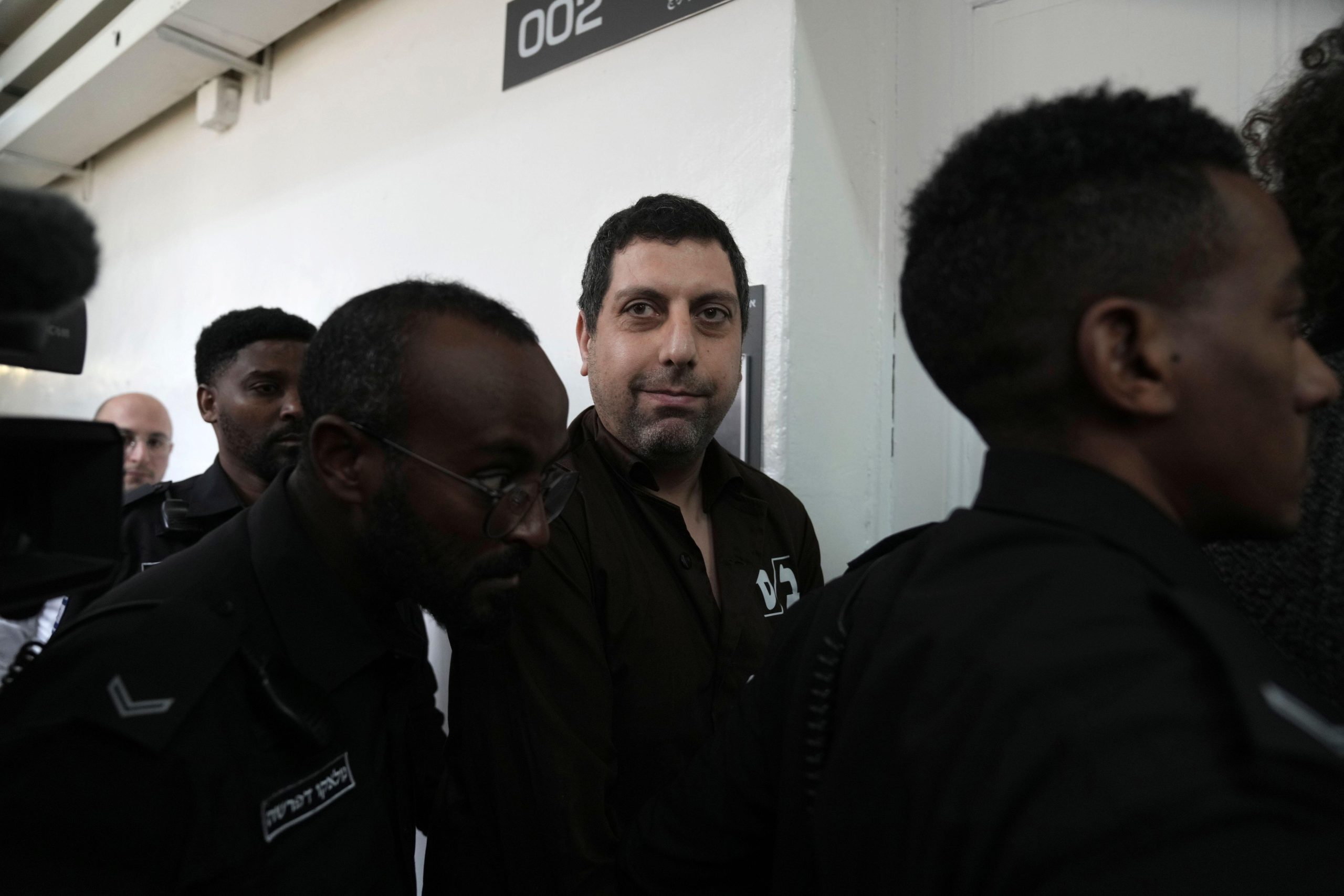
Ahead of the World Cup, Index on Censorship’s new policy paper Brazil: A new global internet referee? (PDF: [English] | [Portuguese]) explores the challenges and threats to online freedom of expression in the country.
In the wake of a global internet conference – Netmundial – and the signing of a groundbreaking domestic internet law – Marco Civil – Brazil has the potential to become an influential leader in digital rights. But that will depend on key choices and decisions taken in the coming weeks and months. Drawing on interviews with leading figures in Brazilian civil society, internet businesses, politicians and journalists conducted in Sao Paulo and Rio de Janeiro in February 2014, the paper analyses the country’s increasing profile in global internet governance debates and the consequences of its domestic internet policies.
“With the adoption of a progressive legislation on internet rights, Brazil is taking the lead in digital freedom” Index’s Senior Advocacy Officer and author of the paper, Melody Patry said.
“Digital technologies have provided new opportunities for freedom of expression in the country, but have also come with new attempts to regulate content and strong inequalities between those with and without access to the internet. Old problems like violence against journalists, media concentration and the influence of local political leaders over judges and other public agents persist.”
By the end of June 2013, more than 105 million people, 52% of the Brazilian population, had internet access at work, home, school or in cyber cafés. Brazilians are among the world’s top users of blogs and social networks. Considerable hopes are being placed on the new Marco Civil bill, which will provide a much-needed progressive legal framework for internet rights. The bill was signed into law on 23 April 2014, making Brazil the largest country in the world to enshrine net neutrality in its legal code. The law also includes stricter privacy standards to fight surveillance, and guarantees freedom of expression online. However, Brazil still faces considerable challenges in ensuring it can deliver on the promise of the new legislation.
“Brazil must now build on Marco Civil to ensure the respect of the right to freedom of expression online and offline, and promote internet rights in the international sphere”, Patry said.
In order for Brazil to provide a safe space for digital freedom and ensure the promise of Marco Civil is met in reality, Index on Censorship offers the following recommendations:
At the international level, Brazil should:
• Use its leadership to further promote a free and fair internet by continuing to publicly advocate for fundamental internet principles such as net neutrality, user privacy and freedom of expression in international forums
• Ensure that civil society organisations are deeply involved in the discussions and decision-making process on global internet governance, and that the outcome of international debates adequately reflect their recommendations
• Resist intervention by powerful lobby groups and governments to skew the outcome of multistakeholder gathering
• Refuse to adopt or sign up to repressive measures and/or international agreements favouring internet censorship, top-down approach of internet governance and tighter government control of the internet
At the domestic level, Brazil should:
• Reform defamation and privacy laws to ensure they are not used to prosecute journalists and citizens who express legitimate opinions in online debates, posts and discussions
• Provide proper training to the judiciary and law enforcement agencies on defamation and other freedom of expression-related issues
• Introduce clear guidelines regarding civil defamation lawsuits, especially in regard to the use of content takedown and the setting of indemnification amounts
• Ensure that all cases of killings and other forms of violence against media professionals and human rights defenders are effectively, promptly and independently investigated, and those responsible are held accountable
• Be more transparent about the ongoing work around privacy legislation, including the Data Protection Bill
• Pursue their efforts in promoting digital access and inclusion to all Brazilians by expanding the Digital Cities programme and stick to the target of ensuring 40 million households or 68% of the population are able to access broadband by the end of 2014 as part of the National Broadband Plan
Brazil: A new global internet referee?
PDF: [English] | [Portuguese]
For further information and interview requests, please call 0207 260 2660





